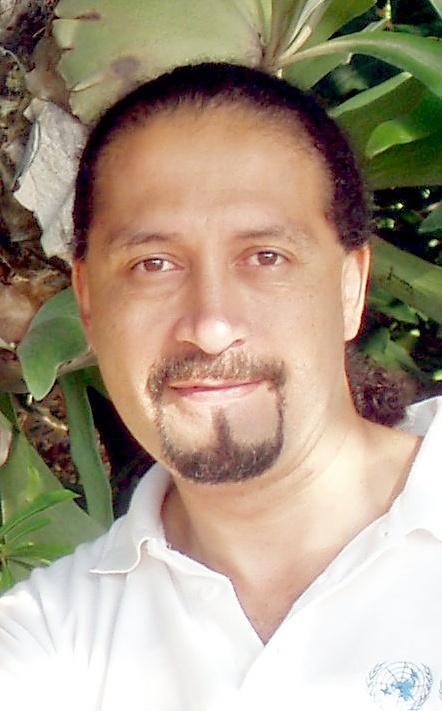
It’s Christmas Eve in Haiti.
I had the chance to fly to Gonaives accompanying Edmond Mulet, the Special Representative of the Secretary General for Haiti and current Chief of MINUSTAH. At his initiative, we left the relative comfort of Port au Prince to have lunch with the Argentinean soldiers based in “the city of Independence”, the capital of the Artibonite Department. A visit to a local orphanage and medical center run by the Sisters of Charity, Mother Theresa's Catholic order, was part of the program. The troops have been delivering drinkable water to the nuns for some months but today they had prepared something special: Christmas presents for every children.
by the Sisters of Charity, Mother Theresa's Catholic order, was part of the program. The troops have been delivering drinkable water to the nuns for some months but today they had prepared something special: Christmas presents for every children.
It’s always amazing how kids react to presents this time of the year, particularly toys. No need for further explanations.

The nuns are great. They work hard and their kindness is a real
inspiration. I’m not posting the “backstage” pictures… those corresponding to the HIV positive patients of all ages that are receiving medical treatment and those of the dying that receive dignifying care during their last days. I’m sure you can imagine them.
them.
One powerful image remains: the cradles made of iron construction bars… there’s definitely no room to romanticize poverty.

I had the chance to fly to Gonaives accompanying Edmond Mulet, the Special Representative of the Secretary General for Haiti and current Chief of MINUSTAH. At his initiative, we left the relative comfort of Port au Prince to have lunch with the Argentinean soldiers based in “the city of Independence”, the capital of the Artibonite Department. A visit to a local orphanage and medical center run
 by the Sisters of Charity, Mother Theresa's Catholic order, was part of the program. The troops have been delivering drinkable water to the nuns for some months but today they had prepared something special: Christmas presents for every children.
by the Sisters of Charity, Mother Theresa's Catholic order, was part of the program. The troops have been delivering drinkable water to the nuns for some months but today they had prepared something special: Christmas presents for every children.It’s always amazing how kids react to presents this time of the year, particularly toys. No need for further explanations.

The nuns are great. They work hard and their kindness is a real
inspiration. I’m not posting the “backstage” pictures… those corresponding to the HIV positive patients of all ages that are receiving medical treatment and those of the dying that receive dignifying care during their last days. I’m sure you can imagine
 them.
them.One powerful image remains: the cradles made of iron construction bars… there’s definitely no room to romanticize poverty.



